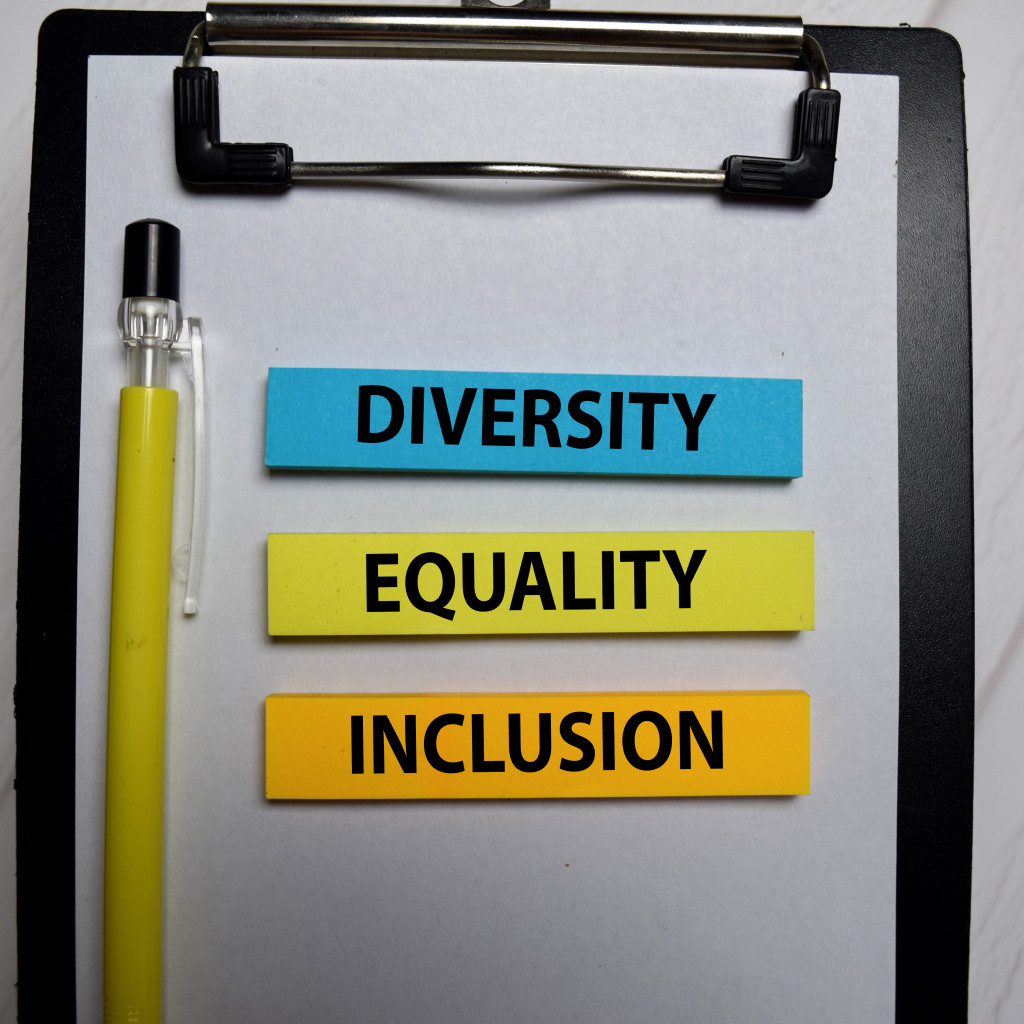The Government has published draft legislation to amend the Equality Act 2010 (EqA) which will take effect from 1 January 2024. Following Brexit, any retained EU law will be automatically repealed at the end of 2023 unless specific legislation has been introduced to retain it. The purpose of this legislation is to ensure that EU-derived discrimination law is enshrined in UK law before the end of this year.
Key changes as set out in the draft legislation – the Equality Act 2010 (Amendment) Regulations 2023 – are summarised below.
Definition of disability
Under the EqA, a person has a disability if he or she has “a physical or mental impairment that has a 'substantial' and 'long-term' adverse effect on his or her ability to carry out normal day-to-day activities.”
The draft legislation will include an amendment to guidance on the definition of disability to state that ‘consideration of a person’s ability to participate fully and effectively in working life on an equal basis with other workers’ is relevant when looking at whether ‘day-to-day activities’ are adversely affected.
Discrimination by association
Under the EqA it is unlawful to discriminate against anyone because of a “protected characteristic”. These are; age, gender reassignment, being married or in a civil partnership, being pregnant or on maternity leave, disability, race, religion or belief, sex, and sexual orientation.
The EqA already prohibits direct discrimination by association, which is less favourable treatment because of an employee's association with someone who has a protected characteristic (except in marriage and civil partnership cases). For example, an employee without a disability could bring a direct disability discrimination claim where they have been treated less favourably because they have a disabled child.
The draft legislation includes the right to claim indirect discrimination by association – also known as indirect associative discrimination. Indirect discrimination is where an employer applies a “provision, criterion or practice” (PCP) equally to all employees, but which disadvantages an individual who is part of a group of individuals who share a protected characteristic. The amendment will cover a person who does not hold the relevant protected characteristic but suffers the same disadvantage at the hands of the employer’s PCP as those who do have that characteristic.
Equal pay
Currently, the equal pay scheme in the EqA provides that an employee is entitled to contractual terms, including those related to pay, that are as favourable as those of a comparator of the opposite sex in the same employment if they are employed on equal work.
The draft legislation will confirm a ‘single source’ test for establishing an equal pay comparator, the idea that an equal pay comparator can potentially work for a different business so long as a single body is responsible for the inequality and can restore equal treatment.
Direct discrimination
There will be an extension of direct discrimination protection to cover discriminatory statements made about not wanting to recruit people with certain protected characteristics, even where there is no active recruitment process ongoing and no identifiable victim.
Breastfeeding
Any discrimination on the grounds of breastfeeding will fall under the protected characteristic of sex.
What does this mean?
- While this law is not new – it has been derived from EU law which has been in place for some time – this is the first time that it will specifically be included in the Equality Act 2010. We recommend that you review your policies, procedures, and working practices to ensure that these amendments are reflected.
How we can help
Tozers can provide expert guidance and support to ensure that your organisation is fully compliant. Our team of experienced Employment Law specialists can assist you in reviewing your policies, procedures, and working practices to ensure that they align with the updated legislation.





